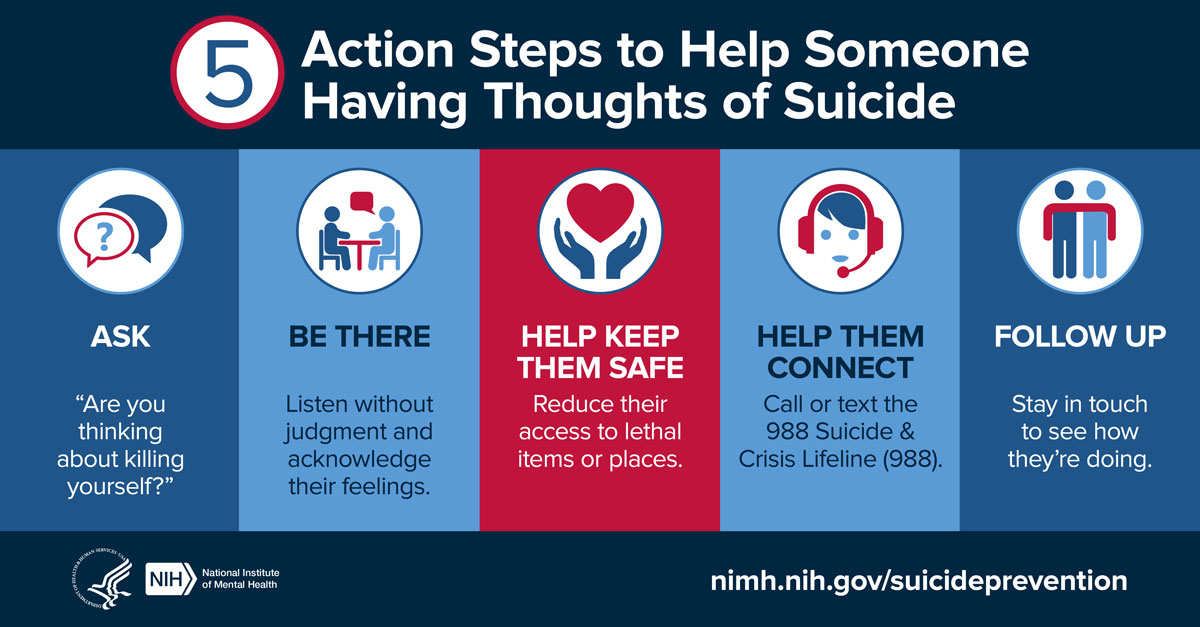PORTLAND, Ore. — As Suicide Prevention Month is observed nationwide, one Oregon nonprofit continues to play a vital role in providing support to people facing mental health struggles.
For nearly four decades, Lines for Life, a Portland-based organization, has worked to prevent suicide, reduce substance abuse, and promote mental wellness.
Rising Calls for Help
CEO Dwight Holton said the organization has seen enormous growth in both services and outreach.
Also Read
“When I started about 12 years ago, around 12,000 people in Oregon called the National Suicide Prevention Lifeline,” Holton said. “This year, that number will reach close to 80,000 or 85,000.”
Holton sees the increase not as a sign of crisis, but of progress. More calls suggest that the stigma around mental health is decreasing and that people feel more comfortable seeking help through 988, the national suicide prevention hotline.
Specialized Support Lines
Lines for Life has developed a variety of targeted programs to meet the needs of different communities:
-
Senior Loneliness Line: This service supports between 12,000 and 20,000 seniors in Oregon each year, offering comfort and connection to those who may feel isolated.
-
Construction Industry Line: Launched this year, the line addresses the high suicide rates within the construction workforce.
-
YouthLine: Celebrating its 25th anniversary, this peer-to-peer resource has grown dramatically. From just nine volunteers serving 1,000 young people annually, the program now includes 130 youth volunteers who will reach 25,000 callers nationwide this year.
“Young people talking to other young people makes a huge difference,” Holton said.
LGBTQ+ Support
When asked about resources for LGBTQ+ Oregonians, Holton noted that while a dedicated LGBTQ+ crisis line once existed, it was discontinued during the Trump administration. He called the decision “super unfortunate,” pointing to research showing that people respond better when speaking with peers who share their experiences.
Although Lines for Life does not currently operate a separate LGBTQ+ line, Holton emphasized that many of the nonprofit’s trained staff and volunteers are from the LGBTQ+ community, ensuring culturally competent support.
A Lifeline for All
Holton’s message to Oregonians is clear: no one has to face tough times alone.
“We’re there for you 24/7, 365,” he said. “It’s okay to have a bad day, and it’s okay to ask for help — and help works. That’s the formula.”
For anyone in crisis or simply in need of someone to talk to, calling or texting 988 connects Oregonians with trained counselors right here in the state.
As the nonprofit continues to expand its services, Holton says the goal is simple but powerful: reduce stigma, increase access, and remind people that asking for help is a sign of strength, not weakness.












